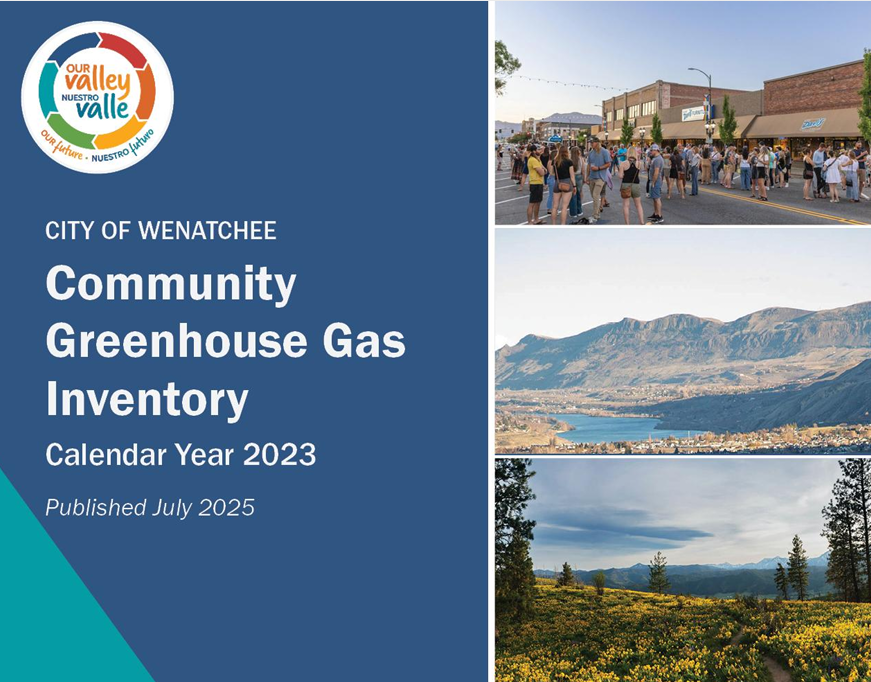Community victories in gardening
- marlene0303
- Mar 12, 2022
- 3 min read
"A garden… is a solution that leads to other solutions,” wrote writer and environmental activist, Wendell Berry in his book The Gift of Good Land. “It is a part of the limitless pattern of good health and good sense."
By Jana Fischback
I think it is interesting and helpful to see the parallels of historical hard times - both world wars, for instance - and the strange world we find ourselves living in, in 2020. It puts our struggles in context and allows us to learn from the past.
One parallel that has developed is that of our modern gardens and “Victory Gardens” of World War I and World War II. Victory Gardens were planted in yards and parks in the US and all over the world during wartime to supplement rations. Much like tending gardens while social distancing this year, victory gardens had the added bonus of improving morale as well. While we fortunately haven’t found ourselves needing to ration, all kinds of people found themselves planting with new purpose this year.
Whether we were novices just wanting some time outdoors during quarantine or maybe with the hope of becoming more self-sufficient in turbulent times, many of us took to our gardens this spring. Especially in our valley where agriculture is such a prominent part of our history and economy, backyard and community gardens make a lot of sense. Community gardens offer some self-reliance and add to our community’s resilience. I love the idea of a lush and prospering community garden, especially one located in a neighborhood where residents might not have easy access to fresh produce.
Typically, community gardens have plots that you can rent for the season. That is true of the Eastmont Community Garden (ECG). The property, located near the corner of 9th street and Eastmont Ave in East Wenatchee, is owned by Columbia Valley Community Health who also supplies the irrigation water. The garden is a partnership with Chelan/Douglas Master Gardeners who offer assistance in gardening. Emilie Fogle, ECG coordinator, says that demand for the plots was already high before COVID-19 hit and she turns many requests down.
Bounty from the Eastmont Community Garden, photos by Emilie Fogle
Most of the “renters” are local residents, most of which who are experienced gardeners but have little-to-no garden space where they live. She also said they’re a diverse group, including several plots rented by people of color and young as well as older people. A community garden like the ECG helps to overcome several barriers that someone who is low-income might have, including owning enough land and paying for irrigation water, but tools are not provided.
Khalil English has a vision for another kind of community garden. Khalil, of the North Central Washington Black Lives Matter Action Council, has been talking with community members and local organizations in hopes of creating a community garden space, not in the traditional sense, but “a community-based food forest that highlights regenerative agriculture that is a space for our community to come together and celebrate all of our cultural diversity, for children to come in and get education and build that connection at the right age.” A similar example is the Beacon Food Forest in Seattle, which mimics a woodland ecosystem and where some gleaning is allowed.

“I think that’s a really, really important thing for our community, especially placing it in south Wenatchee, because we have a ridiculously segregated community and to have a space near people’s homes that they can go to get food for free, where they can go to get education, where they can go to relax in a safe space,” Khalil said.
You may have missed a huge success story from Okanogan county: the Okanogan Conservation District recently received a $100,000 USDA Farm to School Grant, which will allow them to work with school districts and community members to expand their school gardens and education. These kind of programs have potential to make a lasting effect on youth who, like many of us in regards to the rations of WWII, might only know of the coronavirus pandemic from the stories of their parents and grandparents.
Emilie also agrees that gardening offers people more than just food. “It offers them the experience of the outdoors and the accompanying “failures and successes” that come with working with nature,” she says. “I believe anything that exposes people to the whims of nature while providing something of benefit to them is of high value.”
For Khalil, it’s also about healing. “I would like to see these communities that need healing, with, for me, what is the ultimate way to heal,” he says. “I think there is a certain amount of pride, not like a nationalistic type of pride, that can come with the land, with the love of the land.”










Comments